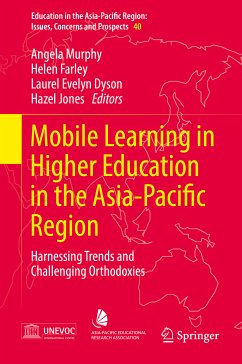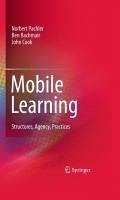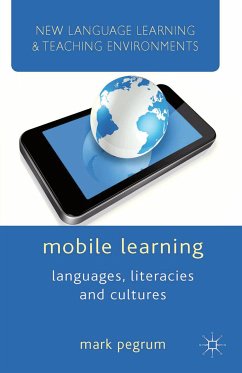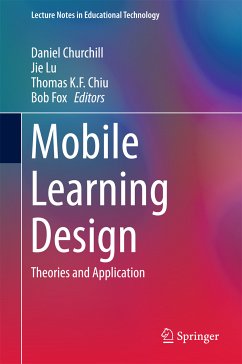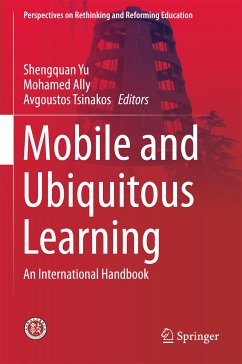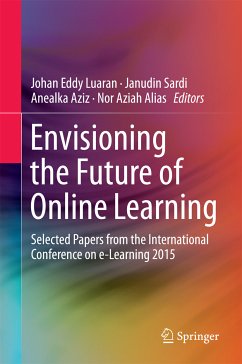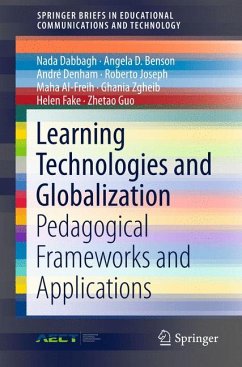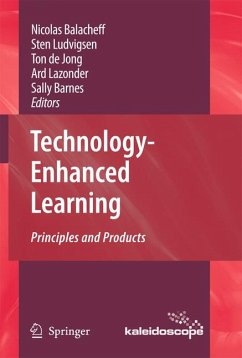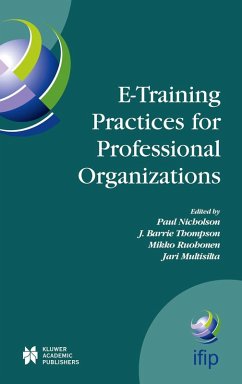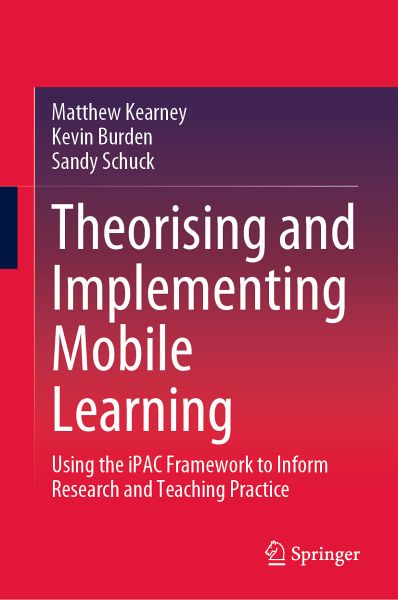
Theorising and Implementing Mobile Learning (eBook, PDF)
Using the iPAC Framework to Inform Research and Teaching Practice
Versandkostenfrei!
Sofort per Download lieferbar
72,95 €
inkl. MwSt.
Weitere Ausgaben:

PAYBACK Punkte
36 °P sammeln!
This book focuses on teaching and learning with mobile technologies, with a particular emphasis on school and teacher education contexts. It explains a robust, highly-acclaimed contemporary mobile pedagogical framework (iPAC) that focuses on three distinct mobile pedagogies: personalisation, authenticity and collaboration. The book shows how mobile pedagogical practice can benefit from use of this framework. It offers numerous cutting-edge research resources and examples that supplement theoretical discussions. It considers directions for future research and practice. Readers will gain insight...
This book focuses on teaching and learning with mobile technologies, with a particular emphasis on school and teacher education contexts. It explains a robust, highly-acclaimed contemporary mobile pedagogical framework (iPAC) that focuses on three distinct mobile pedagogies: personalisation, authenticity and collaboration. The book shows how mobile pedagogical practice can benefit from use of this framework. It offers numerous cutting-edge research resources and examples that supplement theoretical discussions. It considers directions for future research and practice. Readers will gain insights into the potential of current and emerging learning technologies in school and teacher education.
Dieser Download kann aus rechtlichen Gründen nur mit Rechnungsadresse in A, B, BG, CY, CZ, D, DK, EW, E, FIN, F, GR, HR, H, IRL, I, LT, L, LR, M, NL, PL, P, R, S, SLO, SK ausgeliefert werden.



